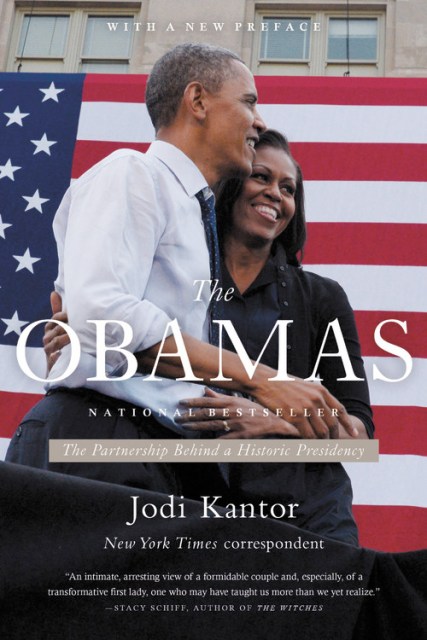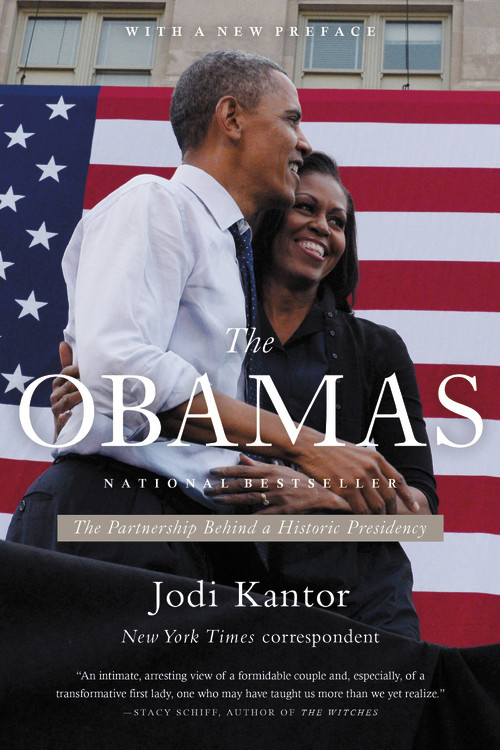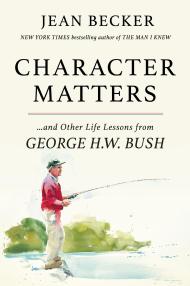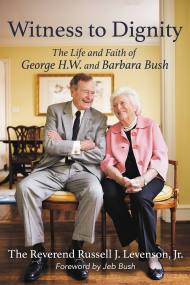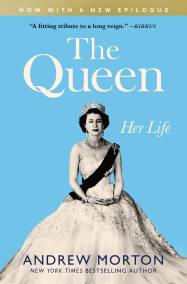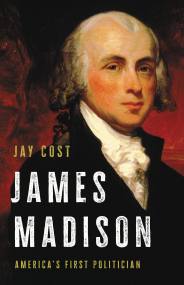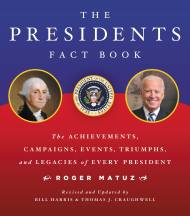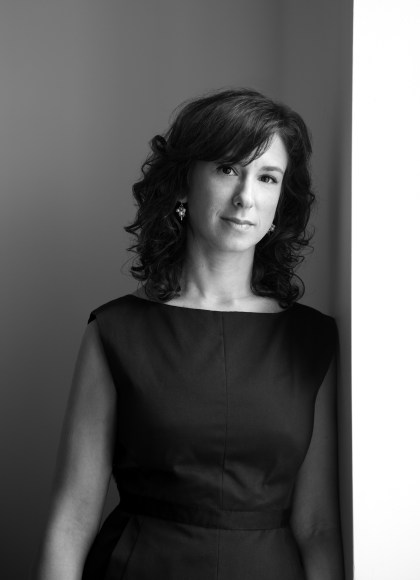Promotion
Use code MOM24 for 20% off site wide + free shipping over $45
The Obamas
Contributors
By Jodi Kantor
Formats and Prices
Price
$16.99Price
$22.49 CADFormat
Format:
- Trade Paperback $16.99 $22.49 CAD
- ebook $9.99 $11.99 CAD
- Audiobook Download (Unabridged)
This item is a preorder. Your payment method will be charged immediately, and the product is expected to ship on or around August 7, 2012. This date is subject to change due to shipping delays beyond our control.
Also available from:
Award-winning reporter Jodi Kantor takes readers deep inside the White House in an "insightful and evocative" portrait of Barack and Michelle Obama (Chicago Tribune) that will surprise even readers who thought they knew the two icons.
When Barack Obama won the 2008 presidential election, he also won a long-running debate with his wife Michelle. Contrary to her fears, politics now seemed like a worthwhile, even noble pursuit. Together they planned a White House life that would be as normal and sane as possible.
Then they moved in.
In the Obamas, Jodi Kantor takes us deep inside the White House as they try to grapple with their new roles, change the country, raise children, maintain friendships, and figure out what it means to be the first black President and First Lady. The Obamas is filled with riveting detail and insight into their partnership, emotions and personalities, and written with a keen eye for the ironies of public life.
When Barack Obama won the 2008 presidential election, he also won a long-running debate with his wife Michelle. Contrary to her fears, politics now seemed like a worthwhile, even noble pursuit. Together they planned a White House life that would be as normal and sane as possible.
Then they moved in.
In the Obamas, Jodi Kantor takes us deep inside the White House as they try to grapple with their new roles, change the country, raise children, maintain friendships, and figure out what it means to be the first black President and First Lady. The Obamas is filled with riveting detail and insight into their partnership, emotions and personalities, and written with a keen eye for the ironies of public life.
Genre:
-
"'The strengths and challenges of our marriage don't change because we move to a different address,' Michelle Obama told Jodi Kantor early on. How though did those strengths and challenges evolve in the White House? What did they signal to the rest of the country and, how did they shape policy? An intimate, arresting view of a formidable couple and, especially, of a transformative First Lady, one who may have taught us more than we yet realize."Stacy Schiff, author of The Witches
-
"A meticulous reporter, Kantor is attuned to the nuance of small gestures, the import of unspoken truths. She knows that every strong marriage, including the one now in the White House, has its complexities and disappointments. Kantor also--and this is a key--has a high regard for women, which is why hers is the first book about the Obama presidency to give Michelle Obama her due. In the process we learn a great deal about the talented and introverted loner who married her, and how his wife has influenced him as a president...Kantor retires wooden stereotypes of the political wife as prop or a problem and instead explores what it means to be a modern first lady, one with her own opinions and an expectation that she will be heard."Connie Schultz, New York Times
-
"The Obamas is among the very best books on this White House. It's a serious, thoughtful book on the modern presidency in general."Ezra Klein
-
"Energetically reported.... Kantor nails her story.... We political gluttons will lick the spoon clean."David Remnick, The New Yorker
-
"A portrait of a remarkable marriage.... Kantor's writing is insightful and evocative, rich with detail...[and her] reporting rings true--and considering the administration's insistence on presenting a unified front, it is a considerable achievement."Kerry Luft, Chicago Tribune
- On Sale
- Aug 7, 2012
- Page Count
- 400 pages
- Publisher
- Back Bay Books
- ISBN-13
- 9780316098762
Newsletter Signup
By clicking ‘Sign Up,’ I acknowledge that I have read and agree to Hachette Book Group’s Privacy Policy and Terms of Use
